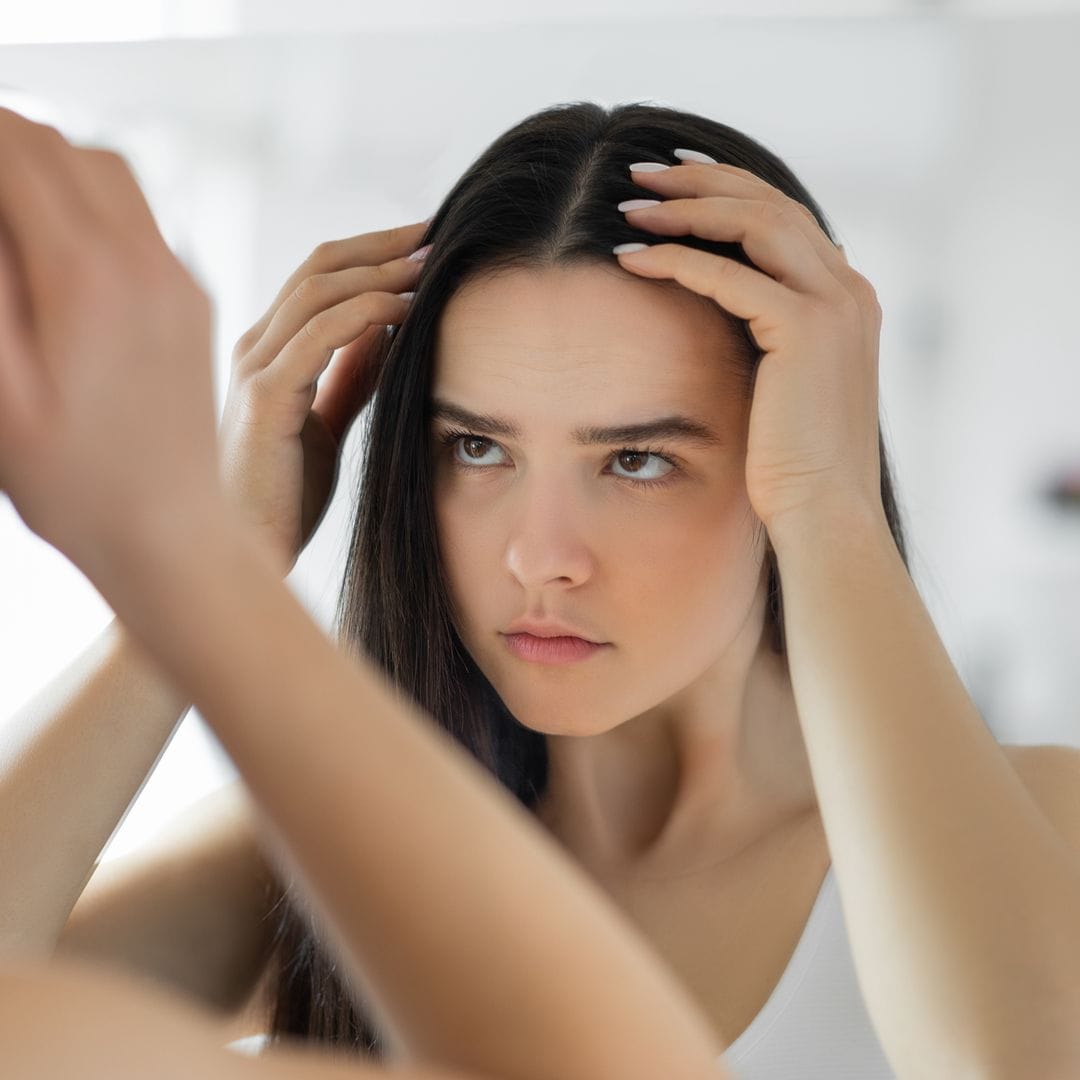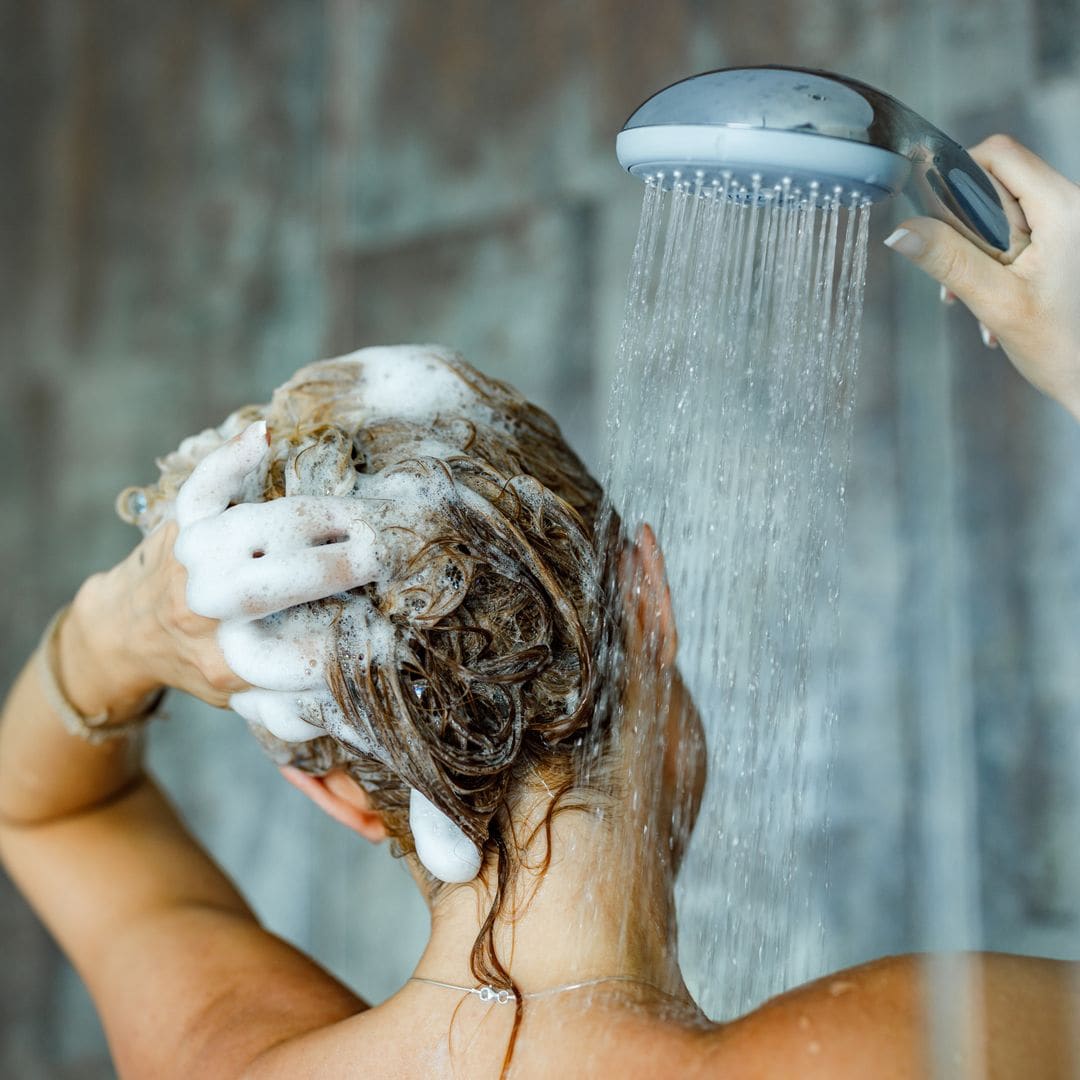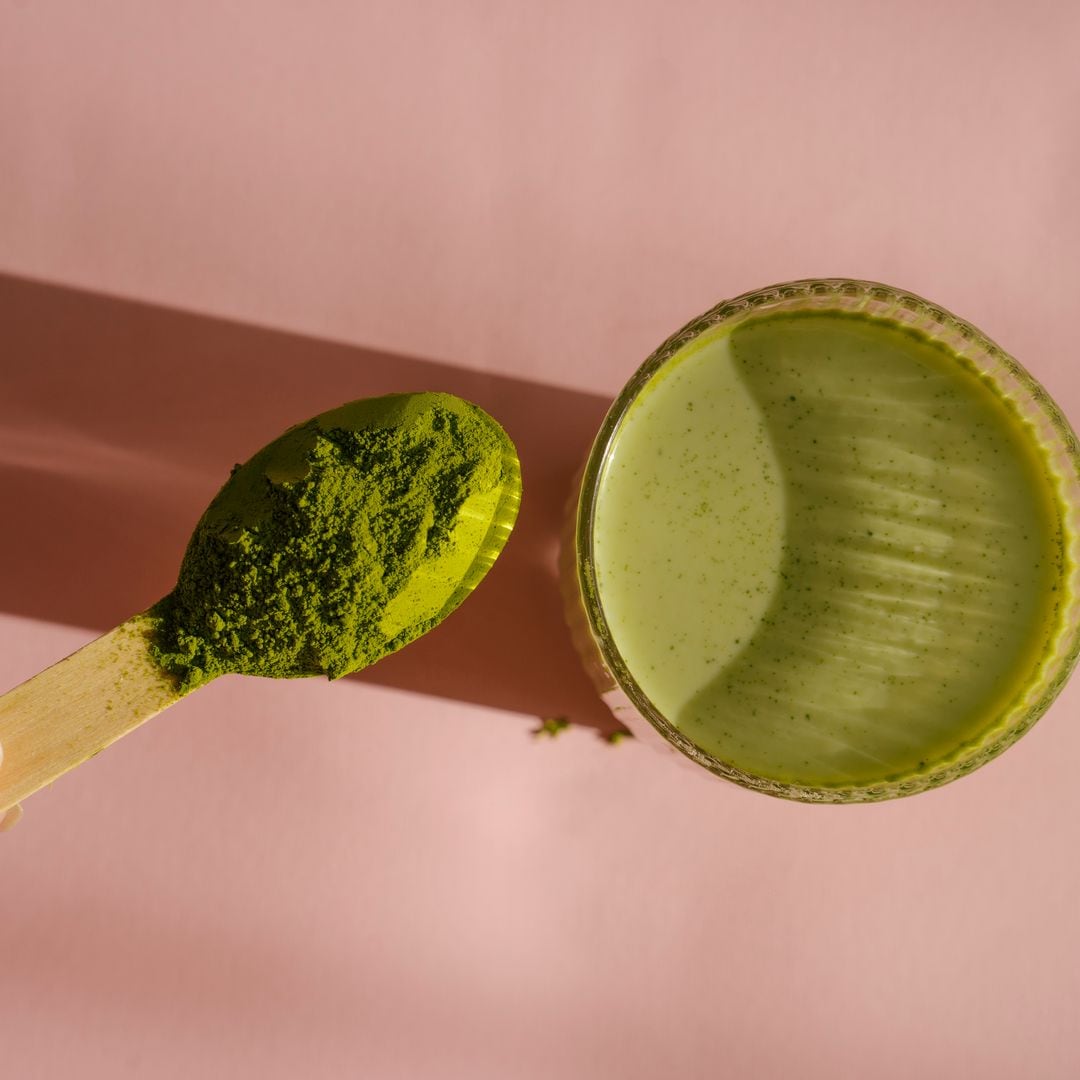When we think about hair care, we often focus on products: shampoos, conditioners, masks, and oils. So when our hair starts feeling dry, frizzy, or just not quite right, our instinct is usually to switch up our routine. But what if the problem isn’t your products, it’s your water?
 © bymuratdeniz
© bymuratdenizCould your shower water be the cause?
It’s easy to overlook the quality of the water we use every day. However, for many people, hard water , a water that contains high concentrations of minerals like calcium and magnesium, could be silently sabotaging their hair.
According to experts, hard water collects these minerals naturally as it filters through underground rocks. While calcium and magnesium aren’t harmful on their own, their excessive presence in your shower water can cause a buildup on both your hair and scalp.
 © skynesher
© skynesherHow does hard water affect your hair?
Hard water can lead to dryness, dullness, and difficulty in brushing. It can also prevent hair from properly absorbing moisture, leaving it brittle and prone to breakage. Worse yet, it may leave behind a layer of residue every time you wash, creating a cycle of buildup that weakens the hair over time.
And if you’ve noticed that your hair color fades faster than it should, hard water might be to blame.
 © Deepak Sethi
© Deepak SethiHow to protect your hair from hard water
Don’t worry, this issue is more common than you might think, and the good news is that it has simple solutions. Here are some expert tips to restore your hair’s health and shine:
- Install a shower filter: This is one of the most effective ways to reduce mineral exposure. A good filter will balance the water, making it gentler on your hair and skin. Over time, you’ll notice softer, smoother strands with improved moisture retention.
- Use a clarifying shampoo: Not all shampoos clean deeply. Choose one specifically formulated to remove mineral buildup. You can also incorporate a scalp scrub to detox your scalp and promote healthy growth.
- Add a pre-shampoo treatment: Products containing citric acid can help dissolve minerals before you even begin washing, giving your hair a cleaner slate.
- Never skip conditioner: This step is essential for rehydrating and softening the hair. To seal in moisture, rinse with cold water for a glossy, smooth finish.
 © GabrielPevide
© GabrielPevideSigns your water may be too hard
Wondering whether hard water is a problem in your home? Here are a few common signs to watch for:
- A white or green film on your showerhead or faucet
- Low water pressure
- Hair that feels rough, frizzy, or dull
- Increased hair breakage or thinning
- Hair color that fades quickly after washing
If you recognize these signs, it may be time to rethink your hair care strategy, starting with your shower.




